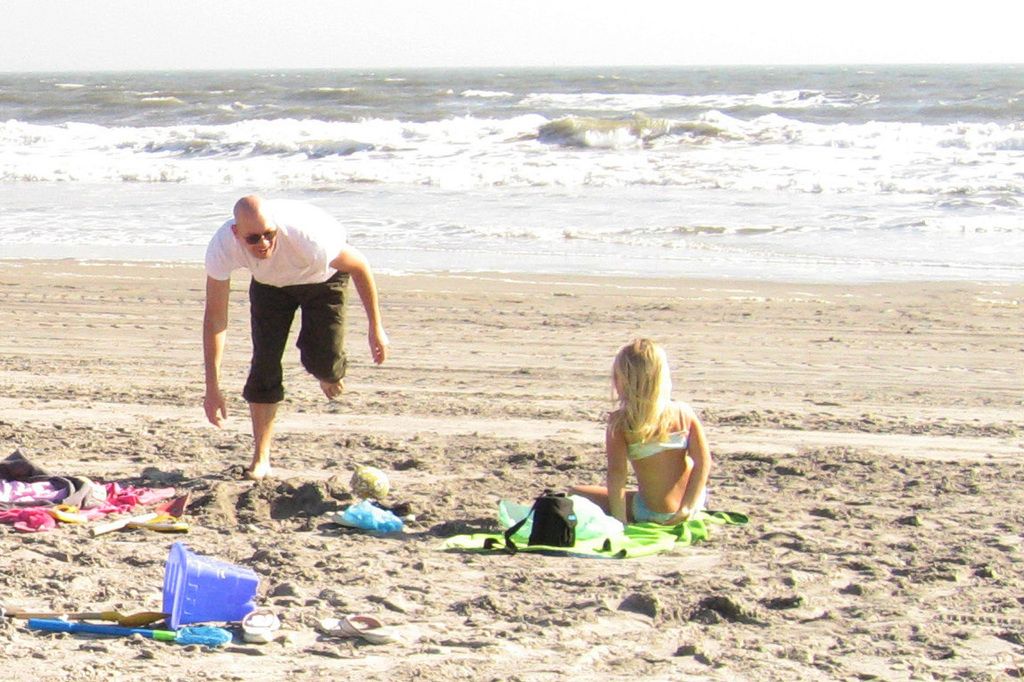Modern-Day America Under Trump's Governance: A Resurgence of 1940s McCarthyism? (Sanjeev Ahluwalia)
In a striking resemblance to the McCarthy era, the Trump administration's dealings with international students and universities in the United States raise eyebrows. This assertion comes from historians and commentators alike, who see unsettling parallels between the current administration's strategies and the fear and suspicion that characterized McCarthyism.
The McCarthy Era: A Rough Precedent
During the McCarthy era, fear of communist infiltration led to the widespread suppression of civil liberties and academic freedom. Sen. Joseph McCarthy, a prominent Republican, led the charge, famously investigating alleged Communists in high places, including the US Army, between 1947 to 1957. While some instances of Communist infiltration were indeed identified, McCarthy's tactics ginned up anti-Communist phobia and unsubstantiated allegations that ruined careers and lives. He was eventually censured by the US Senate in 1954, leading to his political decline.
A Modern Twist: The Trump Administration's Actions
The Trump administration's approach shares several key characteristics with McCarthyism.
- Targeting Ideological Non-Conformity: The administration has taken aggressive steps against universities—notably Harvard—for perceived ideological non-compliance. These steps include revoking Harvard’s Student Exchange and Visitor Program (SEVP) certification, which barred the university from enrolling international students, and terminating federal contracts in response to alleged antisemitism and purported coordination with foreign governments (particularly the Chinese Communist Party).
- Use of Vague and Politicized Accusations: Officials, like DHS Secretary Kristi Noem, have justified these actions with broad accusations of "anti-Americanism," antisemitism, and collusion with foreign powers—charges often lacking specific evidence but effective for their political and chilling effects.
- Legal and Financial Pressure: The administration has threatened to revoke federal funding, cancel contracts, and even challenge the tax-exempt status of universities that resist its directives. Such threats are perceived as coercive tools to force institutions into compliance, much like the blacklisting and loss of employment faced by those targeted during the McCarthy period.
- Broader Impact and Signaling: Scholars like historian Ellen Schrecker argue that the Trump administration’s actions are "worse than McCarthyism," as they are more far-reaching and institutionalized, targeting not just individuals but entire academic communities and threatening the autonomy of higher education as a whole.
A Comparative Analysis
| Aspect | McCarthy-era Tactics | Trump Administration Actions ||-----------------------|---------------------------------------|------------------------------------------|| Targeting | Individuals, professors, intellectuals| Institutions, foreign students || Accusations | Communism, disloyalty | Anti-Americanism, antisemitism, collusion|| Tools | Blacklists, hearings, job loss | SEVP revocation, funding cuts, lawsuits || Purpose | Suppress dissent, enforce conformity | Suppress dissent, enforce compliance |
In conclusion, the Trump administration's tactics echo the McCarthy era due to its continued use of state power against universities and students over ideological differences, scare tactics, and creating a climate of fear around dissent. This parallels the persecution of suspected communists during the Cold War.
Exploring Connections: Education, Politics, and Society
The McCarthy era's impact on education and self-development, as well as personal growth, serves as a sobering reminder of the importance of safeguarding academic freedom. Beyond the suppression of free thought, McCarthyism’s tactics targeted the heart of the learning process and stifled mental wellbeing.
As we move forward, it is crucial to focus on mindfulness and general news to stay informed about the policies and legislation that shape our educational landscape. The pursuit of career development can be influenced significantly by the political climate, and it's vital to be aware of the potential challenges that may arise.
Meanwhile, advances in online education have democratized learning opportunities and provided greater access for lifelong learning and skills training. However, an increased reliance on online resources raises concerns about the digital divide and the equitable distribution of knowledge.
In the job-search process, keeping abreast of general-news developments, such as car accidents, fires, and crime-and-justice issues, can help job seekers prepare for potential obstacles and adapt their strategies to stay competitive.
From Politics to Sports and Entertainment
Politics aside, other aspects of society have witnessed significant changes. For instance, in the world of sports, championship titles such as the Champions League, NFL, WNBA, baseball, hockey, golf, and numerous European leagues and basketball tournaments captivate audiences and create a sense of camaraderie. Similarly, sports-betting has gained traction, adding an extra layer of excitement to games and competitions.
In the realm of entertainment, mixed-martial arts, racing events like the Grand Prix and horse-racing, and premier-league football have enthralled viewers worldwide. The ongoing American Football season and the aftermath of the NBA finals have also fueled intense discussions and debates among fans globally.
The Intersection of Education and Sports
Sports also play a crucial role in encouraging goal-setting, lifelong learning, and even developing essential skills like teamwork and resilience. For example, learning from sports analysis, weather forecasting, and auto-racing can inspire individuals to push their boundaries and improve their overall performance.
Maintaining Balance and Achieving Personal Growth
Bearing this in mind, it is essential to find equilibrium between education, work, and leisure activities such as sports and entertainment to ensure personal growth, productivity, and overall wellbeing.
As we continue to navigate our complex and ever-changing world, may we remain mindful of the lessons from history and strive to uphold the ideals of justice, equality, and tolerance, fostering an environment that nurtures both personal growth and the broader community's development.








